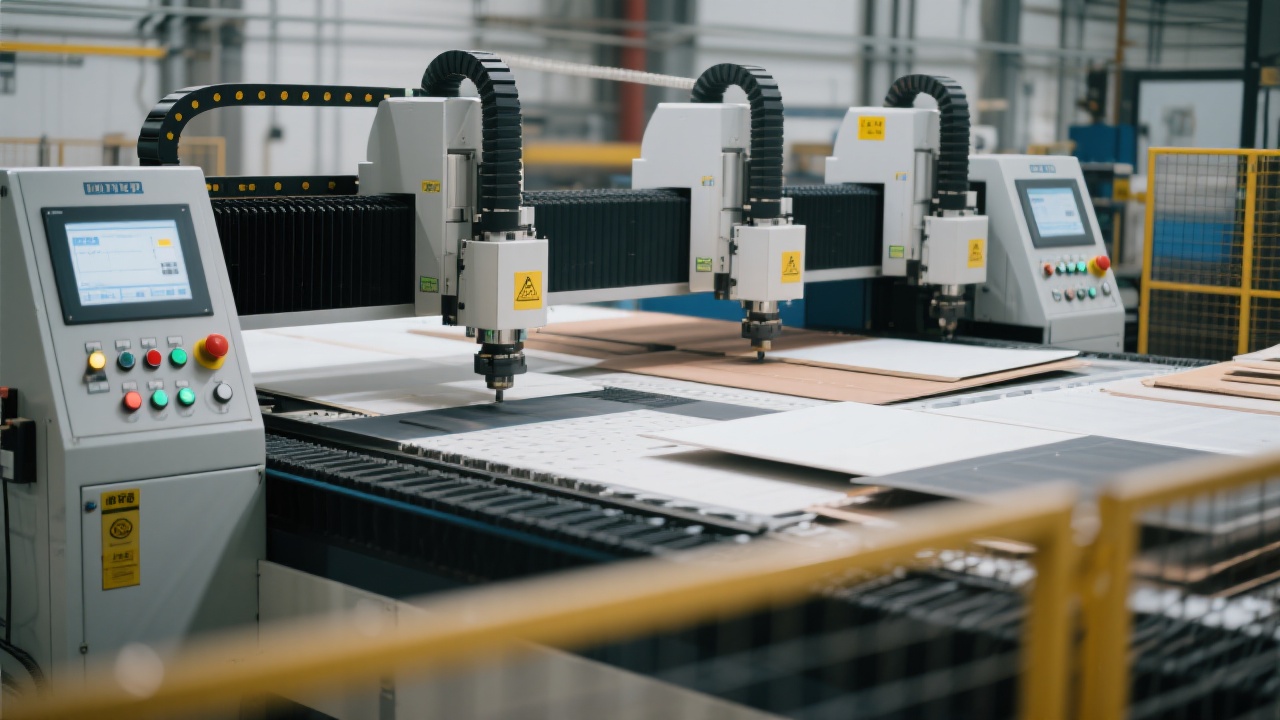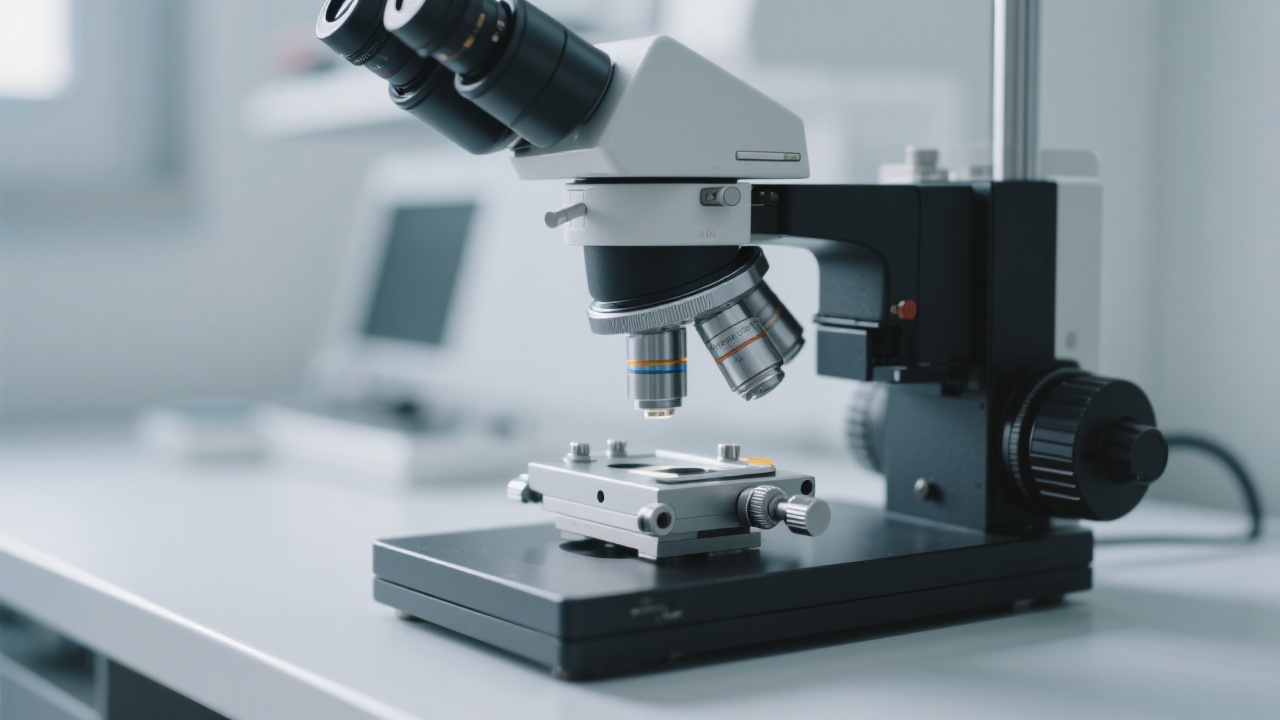
In the fast - paced environment of modern laboratories, the smooth operation of equipment is crucial. However, many laboratory technicians often overlook the maintenance of metallographic cutters, which can lead to a series of common problems. For example, rough cut surfaces and abnormal noises are frequently encountered, seriously affecting the accuracy of experimental results and the service life of the equipment. Therefore, understanding the importance of maintenance for the stable performance of metallographic cutters is of great significance.
Let's take a closer look at the QG - 4A high - precision metallographic cutter, a remarkable piece of equipment that comes with QG - 4A original factory technical support and precise control. To ensure its long - term stable operation, we need to understand the maintenance logic of its four core components.
The grinding wheel is one of the most important parts of a metallographic cutter. Accumulated dust on the grinding wheel can cause eccentric vibration, which not only affects the cutting effect but also shortens the service life of the grinding wheel. Regularly cleaning the dust on the grinding wheel can prevent such problems. It is recommended to clean the grinding wheel at least once a week. By doing so, the service life of the grinding wheel can be extended by about 20% - 30%.

The cooling system is responsible for dissipating heat during the cutting process. The coolant in the cooling system needs to be replaced regularly. If the coolant is not replaced in time, bacteria will breed, which will affect heat dissipation and even damage the cooling system. It is advisable to replace the coolant every two weeks. This can effectively avoid overheating problems and ensure the normal operation of the equipment.
The clamping device ensures that the sample is firmly fixed during the cutting process. Regular calibration of the clamping device is necessary to ensure a constant clamping force. If the clamping force is unstable, the cutting accuracy will be affected. It is recommended to calibrate the clamping device once a month. This can ensure the consistency of the cutting quality of the samples.
The guide rail determines the movement accuracy of the cutter. Keeping the guide rail clean can maintain its movement accuracy. Dust and debris on the guide rail can cause the cutter to move unevenly, affecting the cutting quality. It is recommended to clean the guide rail at least once a week. This can ensure the smooth movement of the cutter and improve the cutting accuracy.

All the above maintenance operations are based on the ASTM E3 - 11 international standard. This standard provides a technical basis and compliance value for each operation. By following this standard, laboratory technicians can not only ensure the stable operation of the equipment but also meet international quality requirements.
To help laboratory technicians better maintain the metallographic cutter, we provide a practical tool - the "Monthly Maintenance Inspection List for Metallographic Cutters" in PDF format. You can download it by clicking the link at the end of the article. This list details the maintenance items and frequencies for each component, making maintenance work more systematic and efficient.
| Component | Maintenance Frequency |
|---|---|
| Grinding Wheel | At least once a week |
| Cooling System (Coolant Replacement) | Every two weeks |
| Clamping Device | Once a month |
| Guide Rail | At least once a week |
We also incorporate real - user feedback cases and early fault identification signals, such as abnormal noises and abnormal temperature rises. These practical experiences can help laboratory technicians identify potential problems in time and take preventive measures.
Finally, we encourage you to develop a continuous management awareness. Instead of waiting for the equipment to break down and then repair it, we should actively prevent problems through regular maintenance. If you have any questions about the maintenance of metallographic cutters, please leave a message in the comment area below. We will answer your questions as soon as possible.
Click here to download the "Monthly Maintenance Inspection List for Metallographic Cutters" PDF and start your journey to better maintain your metallographic cutter!